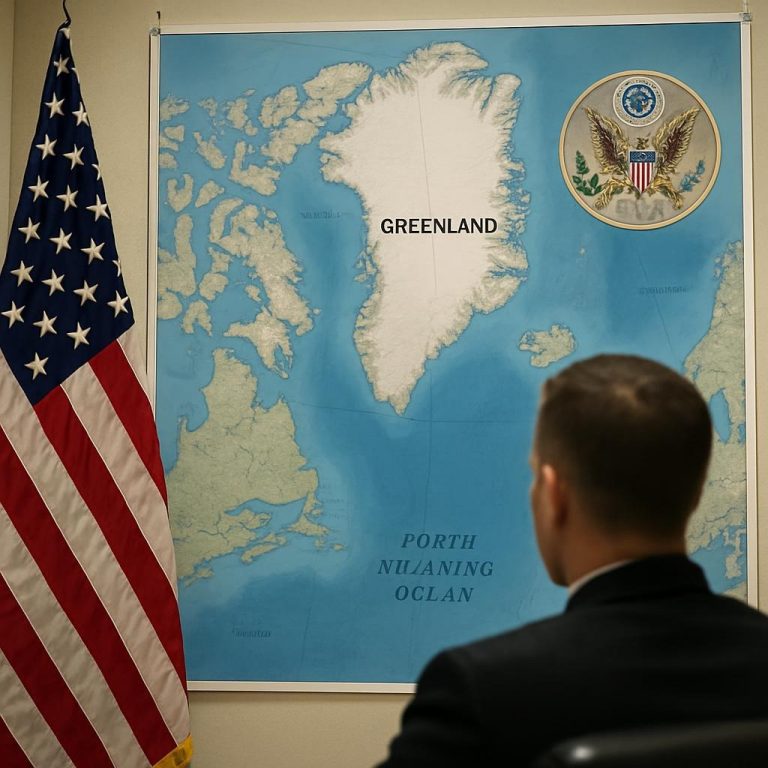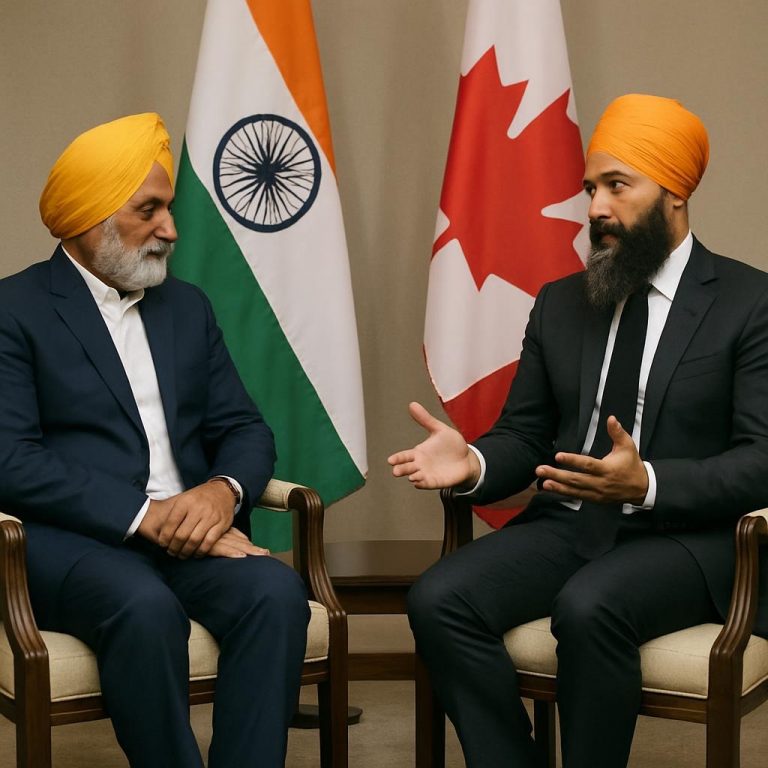
Below is a comprehensive guide addressing 25 key questions about the prospects of peaceful reunification between Taiwan and China. Each answer includes a headline, source link, keywords, and relevant documentaries.
🕊️ Political and Diplomatic Questions
1. Diplomatic frameworks for peaceful reunification include bilateral negotiations and modified “One Country, Two Systems” models.
🔗 Source
Keywords: bilateral negotiations, cross-Strait diplomacy, autonomy guarantees
2. Taiwan’s democratic system could be preserved through constitutional safeguards and international oversight.
🔗 Source
Keywords: democracy, civil liberties, constitutional autonomy
3. International mediators could facilitate trust-building and dialogue via multilateral forums like ASEAN or UN channels.
🔗 Source
Keywords: mediation, conflict resolution, third-party diplomacy
4. “One Country, Two Systems” has been rejected due to Hong Kong’s experience and lack of trust in Beijing’s promises.
🔗 Source
Keywords: Hong Kong precedent, autonomy erosion, political skepticism
5. China could offer economic incentives, cultural exchanges, and political representation to encourage peaceful integration.
🔗 Source
Keywords: economic carrots, integration strategy, soft power
6. Taiwan’s DPP opposes reunification, while KMT supports peaceful dialogue; TPP remains pragmatic.
🔗 Source
Keywords: DPP, KMT, Taiwan People’s Party, cross-Strait policy
7. Historical precedents include East-West Germany and Hong Kong; lessons stress autonomy and phased integration.
🔗 Source
Keywords: peaceful integration, historical analogies, sovereignty
8. Constitutional changes could redefine sovereignty and allow for special administrative arrangements.
🔗 Source
Keywords: constitutional reform, sovereignty, legal recognition
🌏 International Relations and Security
9. Peaceful reunification would challenge the Taiwan Relations Act and shift U.S.-China strategic posture.
🔗 Source
Keywords: Taiwan Relations Act, U.S.-China diplomacy, strategic ambiguity
10. Japan and South Korea would likely support peaceful resolution but remain cautious about regional stability.
🔗 Source
Keywords: Japan, South Korea, regional security, diplomatic alignment
11. ASEAN would promote dialogue through forums but avoid direct mediation due to non-interference norms.
🔗 Source
Keywords: ASEAN, regional diplomacy, multilateral engagement
12. The UN plays a limited role due to China’s veto power but could support humanitarian and legal frameworks.
🔗 Source
Keywords: UN recognition, international law, peacekeeping
13. Peaceful reunification could reduce military tensions but shift Indo-Pacific power balances.
🔗 Source
Keywords: Indo-Pacific, military posture, strategic recalibration
💬 Public Opinion and Identity
14. Less than 10% of Taiwanese support reunification; support has declined over decades.
🔗 Source
Keywords: public opinion, reunification polls, political identity
15. Younger generations identify as Taiwanese and favor independence or status quo.
🔗 Source
Keywords: generational divide, identity politics, youth sentiment
16. Shared language, religion (e.g., Mazu worship), and cultural heritage could foster understanding.
🔗 Source
Keywords: cultural diplomacy, linguistic ties, soft integration
17. Taiwan’s youth prefer status quo and democratic values over integration.
🔗 Source
Keywords: youth opinion, democracy, status quo preference
💼 Economic and Trade Considerations
18. Taiwan could benefit from expanded market access and infrastructure investment.
🔗 Source
Keywords: trade integration, economic growth, regional development
19. Taiwan’s tech sector could face risks of IP transfer and strategic dependency.
🔗 Source
Keywords: semiconductors, tech sovereignty, strategic assets
20. Economic autonomy could be preserved via special administrative zones and legal guarantees.
🔗 Source
Keywords: economic autonomy, administrative zones, trade policy
🧭 Strategic and Legal Questions
21. Legal mechanisms include bilateral treaties, constitutional amendments, and international guarantees.
🔗 Source
Keywords: legal frameworks, reunification law, sovereignty
22. Taiwan’s military could be restructured into a regional defense force or integrated under PLA command.
🔗 Source
Keywords: military integration, defense restructuring, PLA
23. Guarantees would include civil liberties, judicial independence, and media freedom.
🔗 Source
Keywords: civil rights, autonomy, democratic safeguards
24. A phased plan could build trust through economic cooperation, cultural exchange, and political dialogue.
🔗 Source
Keywords: phased reunification, trust-building, gradual integration
25. Miscommunication and mistrust could derail talks; transparency and third-party mediation are essential.
🔗 Source
Keywords: mistrust, negotiation risks, strategic ambiguity





